11 Minutes
At Startup Fair in Vilnius, a candid core-stage conversation dissected a question many mature startups eventually face: when building your own company is not enough, how do you step into the investor role without losing your operator edge or your focus. Andra Bagdonaitė (Partner, FIRSTPICK) guided a highly tactical discussion with three builders who now write checks as well as roadmaps: Žygimantas Surintas (CEO, Kilo Health), Milda Jasaitė (Senior Director of Corporate Development, Vinted Ventures), and Vytautas Sabalys (Investment Manager, Tesonet).
What followed was not a playbook with neat labels, but an honest field report about portfolio size and ticket ranges, why these companies invest at all, how they avoid conflicts with their core businesses, what they will not do for founders, and how they define success five years out.
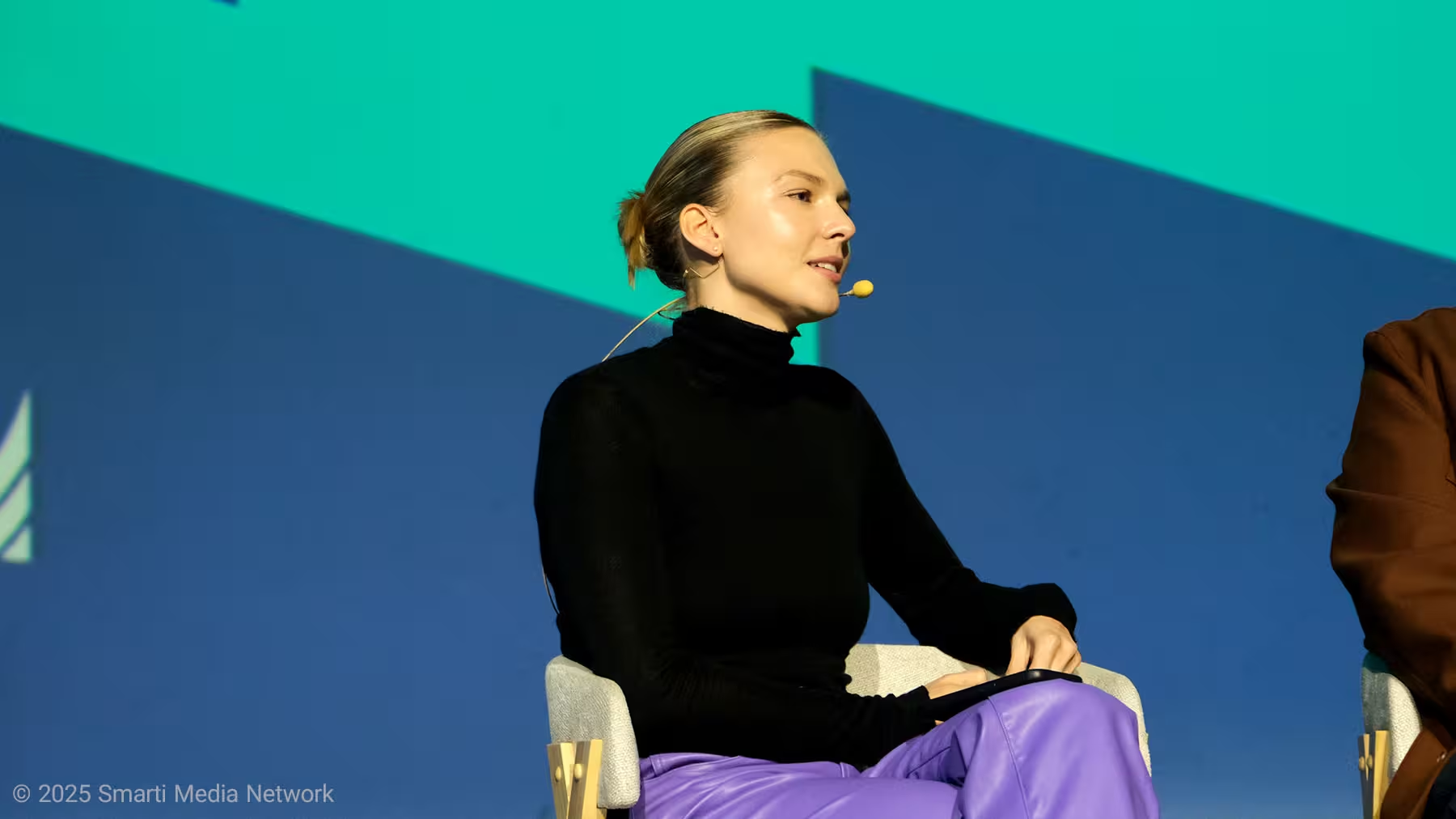
A quick scoreboard to set the stage
Tesonet has backed around 40 companies if you count classic VC-style checks, venture building efforts, strategic stakes and a few exits already closed. On the pure VC side, their deployed capital sits in the tens of millions, roughly 20 to 30 million euro.
Vinted began on the M&A path, then formalized Vinted Ventures in early 2024. On the investing side they target 0.5 to 10 million euro tickets, have completed one investment at 5 million, and continue to operate an active acquisitions pipeline ranging from a few million to high eight figures, always with integration discipline in mind.
Kilo Health has invested about 7 million euro to date, with a minimum ticket of 300 thousand and a largest deal nearing 10 million. Their portfolio count sits at around ten.
Numbers matter, but the models behind them matter more. None of the three fit neatly into a single textbook category, and that is intentional.
What are they, exactly
Tesonet once introduced itself as an accelerator, then realized the term implies a program structure they do not run. Today they operate “somewhere between venture builder and investor,” opportunistic by design. They will found, back, or strategically support a company depending on where they can add the most value.
Vinted Ventures is a corporate fund with a clear industry thesis and a financial return mandate. Vinted is building recommerce at scale, which means fixing the value chain that second-hand transactions depend on, from cheap, reliable shipping to consumer-to-consumer payments. Where external companies are pushing the same frontier, Vinted Ventures will back them, not as an R&D proxy but with the expectation of classic venture outcomes. As Milda put it, financial return makes the vehicle sustainable and acts as a proxy that the portfolio companies are reaching meaningful scale.
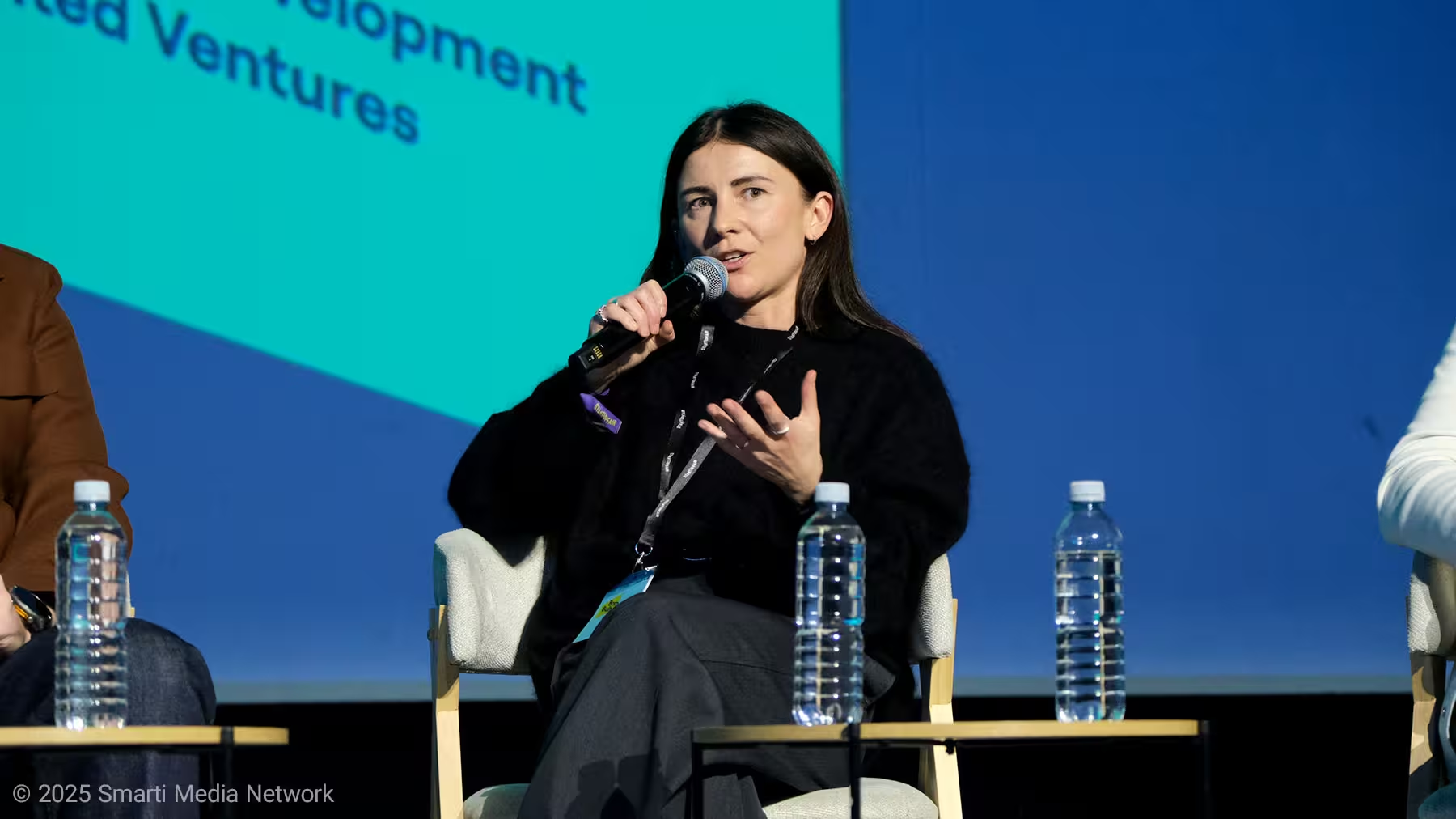
Kilo Health describes itself as a co-founding business partner. The label reflects two target profiles. First, founder-led companies that need a hands-on partner who knows how to scale. Second, already-mature teams that are stuck in local or regional ceilings and need momentum to go global. They invest capital, but the real leverage comes from product, growth and funnel expertise that has been battle-tested in one of the world’s most saturated arenas, weight loss and digital health.
Why invest beyond your own walls
For Tesonet, it started as classic give-back. Founders Tomas and Raimondas were already operating winners such as NordVPN, Surfshark and Oxylabs when startups began asking for relatively small checks that would materially change their trajectory. Capital led to advisory, advisory led to institutionalizing the effort. The motivation remains the same today: they like to build, and they like to be close to builders.
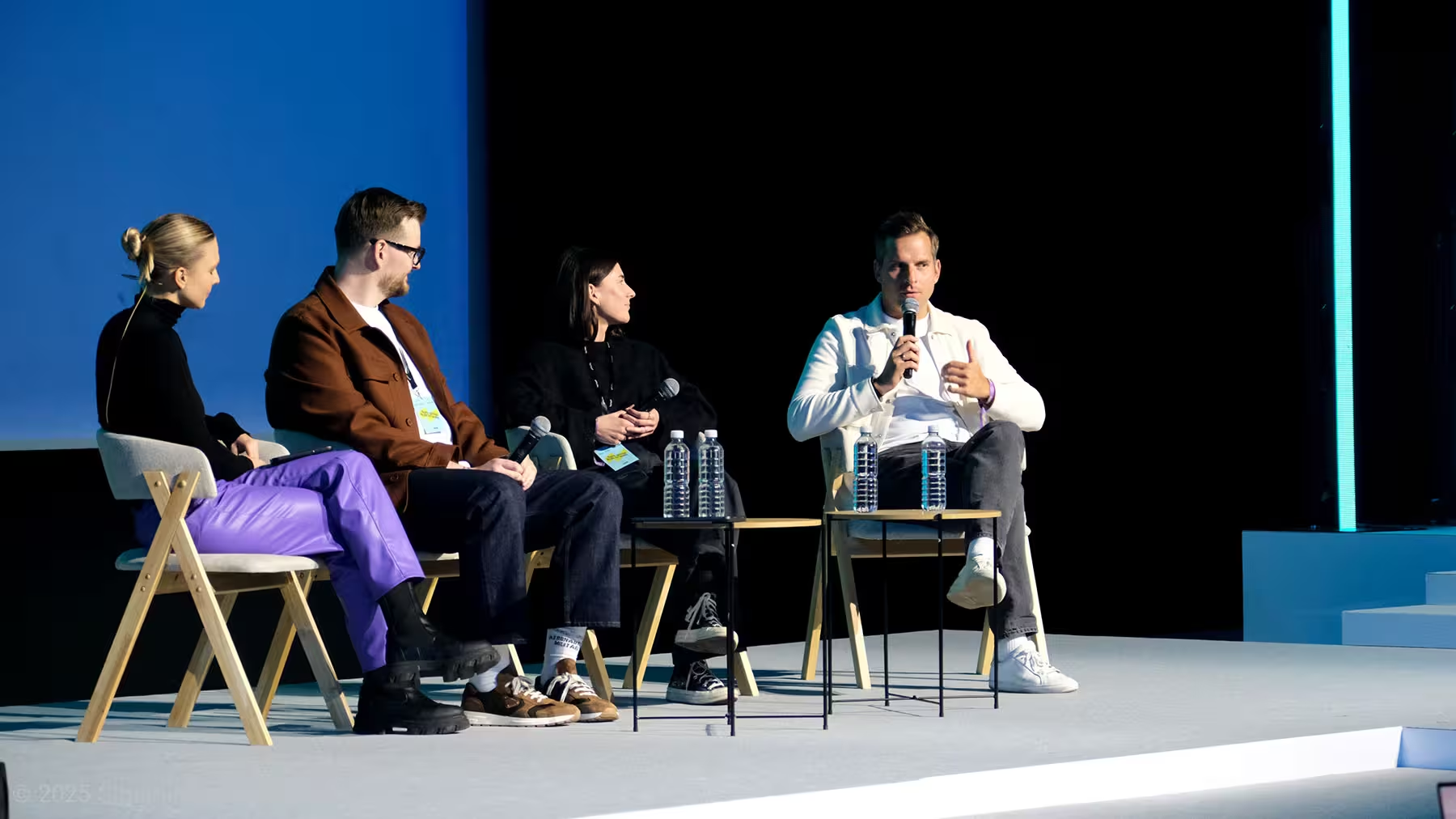
For Vinted, investment grew from an industry reality. Recommerce is not simply e-commerce with a new coat of paint. It is a system where core unit economics only work if shipping is extremely cheap and payment flows are adapted to consumer to consumer. Vinted is already building pieces of that stack internally, yet recognizes that other teams are accelerating the same shift. Investing in them helps the category mature faster, while still holding Vinted Ventures to the same financial benchmarks any VC would use.
For Kilo Health, the trigger was almost defensive. Competing in weight loss requires relentless speed. When Kilo saw rivals starting to out-innovate them, they realized they needed more energy in the ecosystem, more new brands and products that could plug into Kilo’s platform. Investing and co-founding created a pipeline of velocity, not just a portfolio.
Where they draw the line to avoid conflicts
Openness to many models can create grey zones. The panelists were very explicit about where those lines fall.
Tesonet rarely invests in cybersecurity, even though its operating companies are global leaders there. The logic is simple. If a cyber startup is compelling, Tesonet can likely build or acquire it within the operating group. Conversely, they do not shy away from investing where they are a natural early customer. Example: the team backed Flanco, a facilities management platform, then became a lighthouse client by deploying it in Cyber City, Tesonet’s Vilnius campus.
Vinted Ventures is often perceived as “corporate capital with strings attached.” Milda addressed this directly. The fund is flexible about leading or following, does not insist on restrictive rights that scare top founders, and focuses on helping companies scale with Vinted’s playbooks rather than absorbing them.
Kilo Health underscored a cultural boundary. They will invest, co-found, build funnels, and share know-how, but they will not run your business for you. If a founding team signals that they plan to sit back while Kilo executes, the deal is off. A recent French term sheet collapsed for exactly that reason.
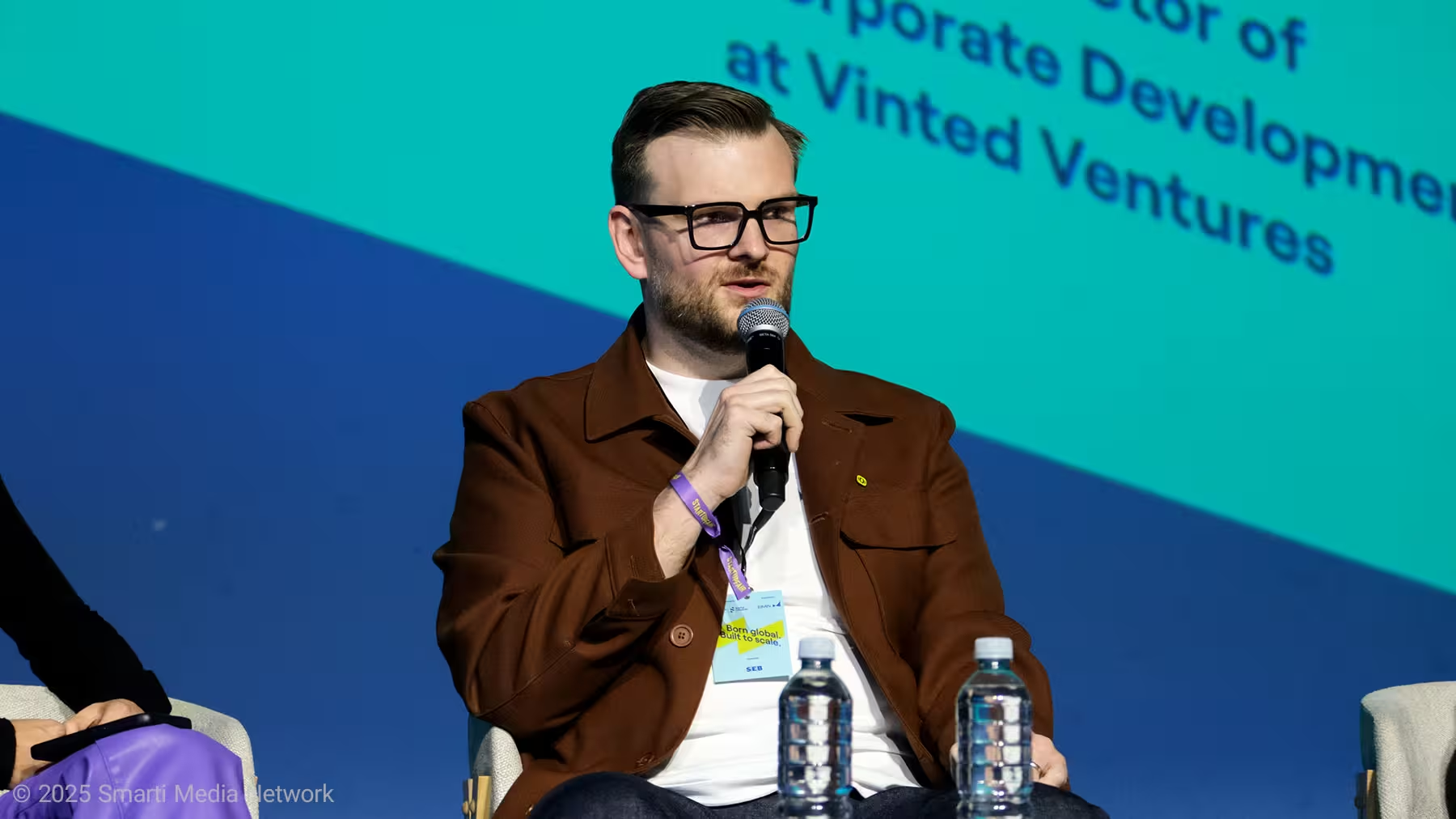
The value add founders can actually expect
Each group described concrete help they have delivered, along with what they will not do.
What they will do
Growth and go-to-market playbooks. Tesonet’s B2C engine is widely regarded in Europe. Kilo’s funnel and unit-economics discipline comes from competing where CPAs are unforgiving. Vinted brings marketplace math to the table, from sell-through and retention patterns to counterintuitive signals that mean you are on the right track.
Hiring at speed. Early startups do not have a ten-person talent team. Tesonet does, and can help a portfolio company hire quickly when momentum depends on it.
Commercial lift. Vinted can be a first customer and introduce others, giving young teams early revenue that funds product velocity. Kilo described a Lithuanian company that was near bankruptcy. With a founder who was ready to grind and collaborate, Kilo helped rebuild the acquisition funnel without changing the core product. The company is now on track for double-digit million revenue, its highest level ever.
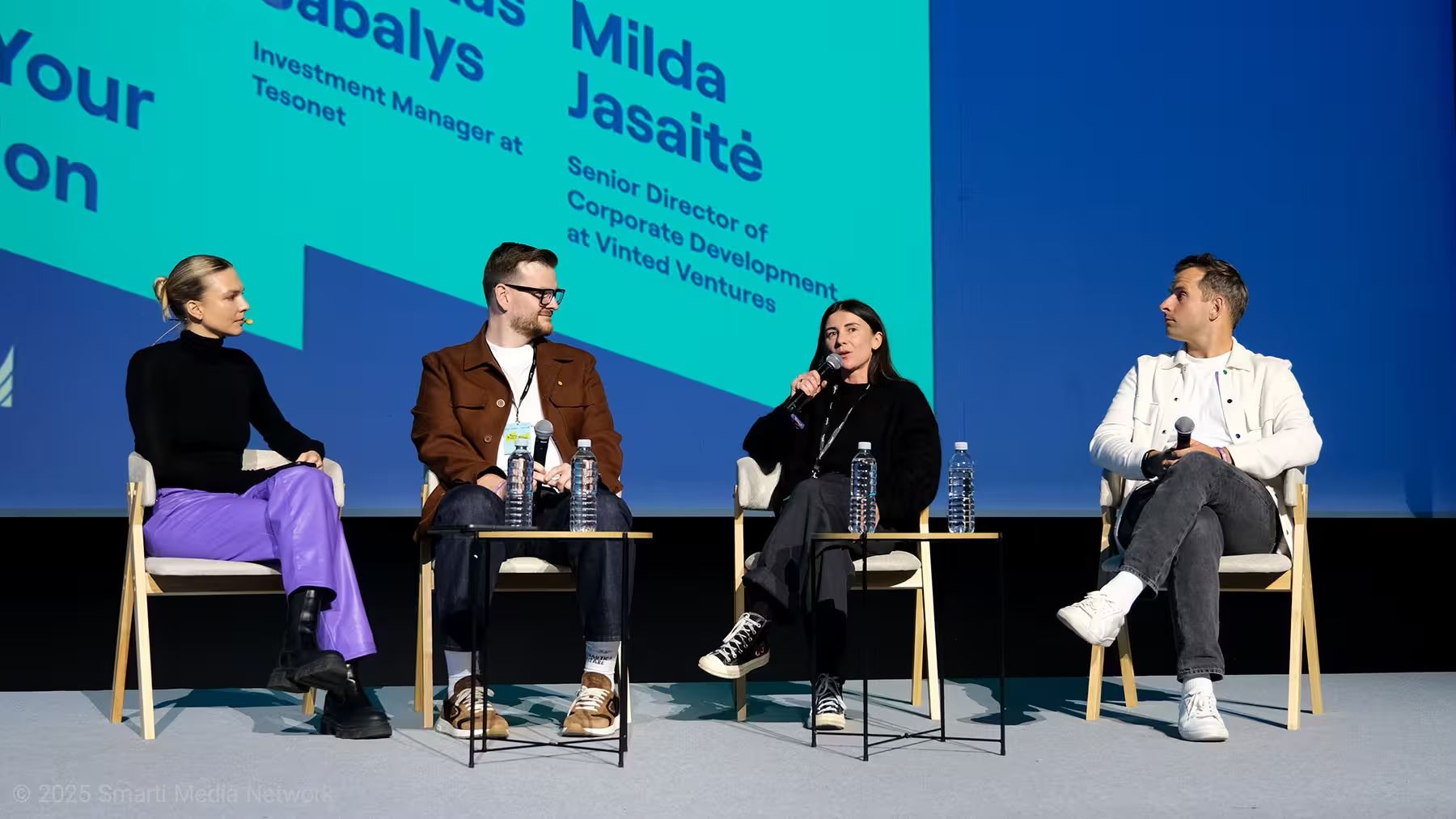
What they will not do
Build the product for you. Several founders still assume a corporate investor’s product teams will co-develop their app. Tesonet was blunt. They will share playbooks and schedule one-on-ones, but they will not allocate product squads to build your roadmap. If they are going to build, they will build for themselves.
Turn you into a corporate. Operators like the speed and messiness of startups. They will help with governance when needed, but the expectation is that founders stay in the driver’s seat, ask for what they need and use the help.
What stages and check sizes actually look like
Vinted Ventures prefers to enter from Series A, where there is enough evidence to analyze and where Vinted’s operating muscle maps to what the company is building. They can write 500 thousand to 10 million and have latitude to lead or follow.
Tesonet treats classic VC as just one lane. On that lane they have deployed 20 to 30 million euro across roughly forty companies. The group also invests in funds, holds treasury positions, acquires through operating companies and continues to found new ones.
Kilo Health writes checks from 300 thousand to close to 10 million and looks for founders ready to work side by side. The posture is co-founder rather than passive LP.
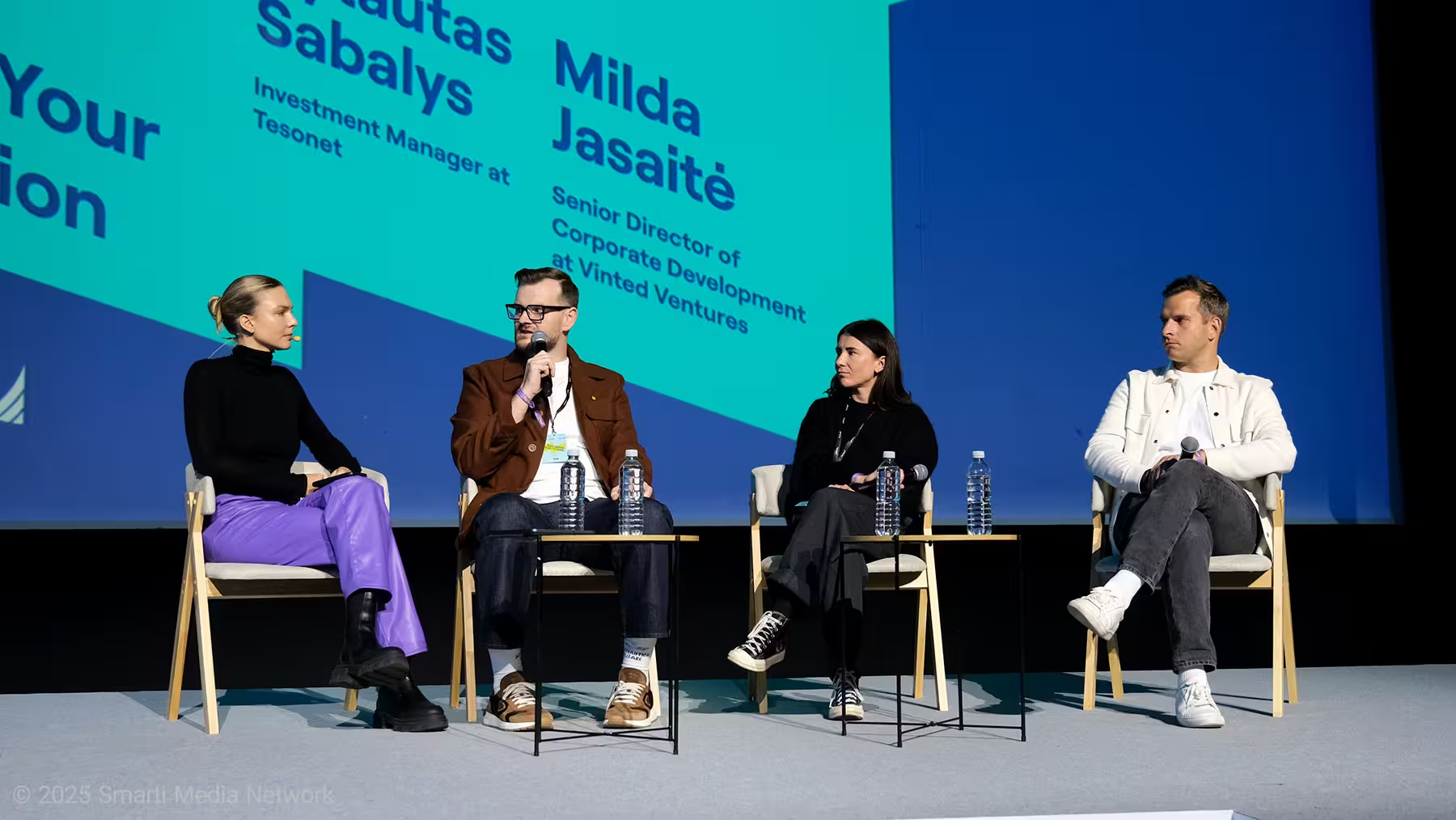
How operator DNA helps, and when it gets in the way
Operator-investors carry habits that can be superpowers or blind spots.
Data rigor vs. early ambiguity. Vinted is a deeply data-driven company. That helps them spot quality in look-alike marketplaces, and it helps portfolio founders learn what good looks like for sell-through, retention and liquidity. The risk is “excelling your way out of opportunities,” over-analyzing a market where the next inflection still has to be created. The fund stays aware of that bias.
Speed and sweat as a filter. Kilo treats work ethic as a non-negotiable. Their best collaborations happen when a founder wants to iterate funnels with them and adopts a small-details mindset. If a team wants a platform but not the grind, the relationship will not work.
Keeping founder energy intact. Tesonet likes the velocity of startups partly because large companies must add governance as they prepare for debt, IPOs or other scale events. When they invest, they aim to keep that startup energy protected, while filling gaps in hiring, marketing and commercial strategy.
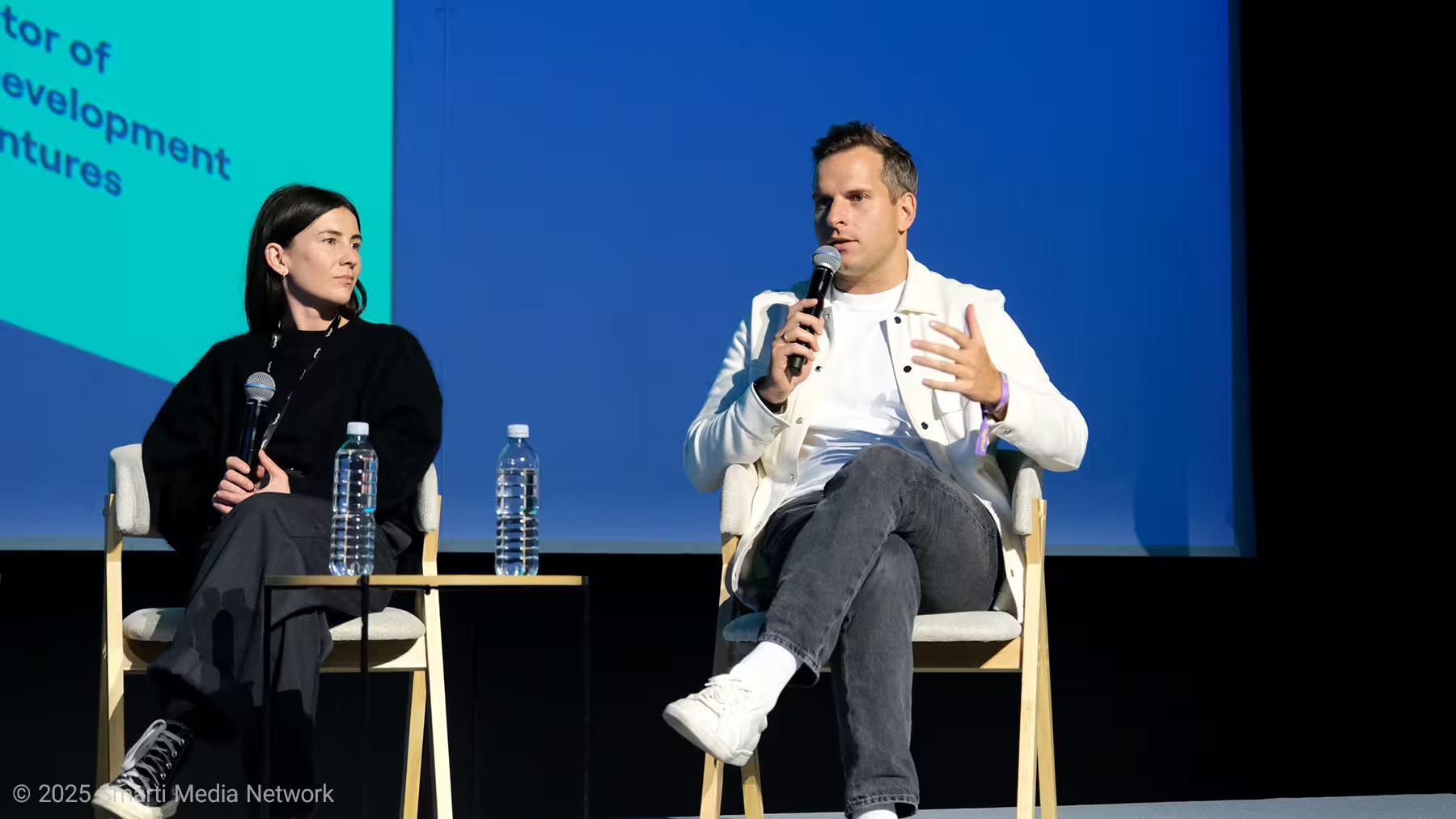
Lessons for founders approaching operator-investors
Ask specifically, then show up. All three groups offer access to senior talent in finance, legal, people and growth. Several founders ask for time, then cancel because they are underwater. That is normal, but the founders who consistently carve out time extract the most value.
Do not expect a delivery team. You will get playbooks, intros, hiring help and customers. You will not get a borrowed product org.
Bring the work ethic. The common denominator in every success story was a founder who matched or exceeded the investor’s pace.
Name the conflict early. If your product might overlap with the investor’s core business, discuss build versus buy versus invest on day one. It will save time for everyone.
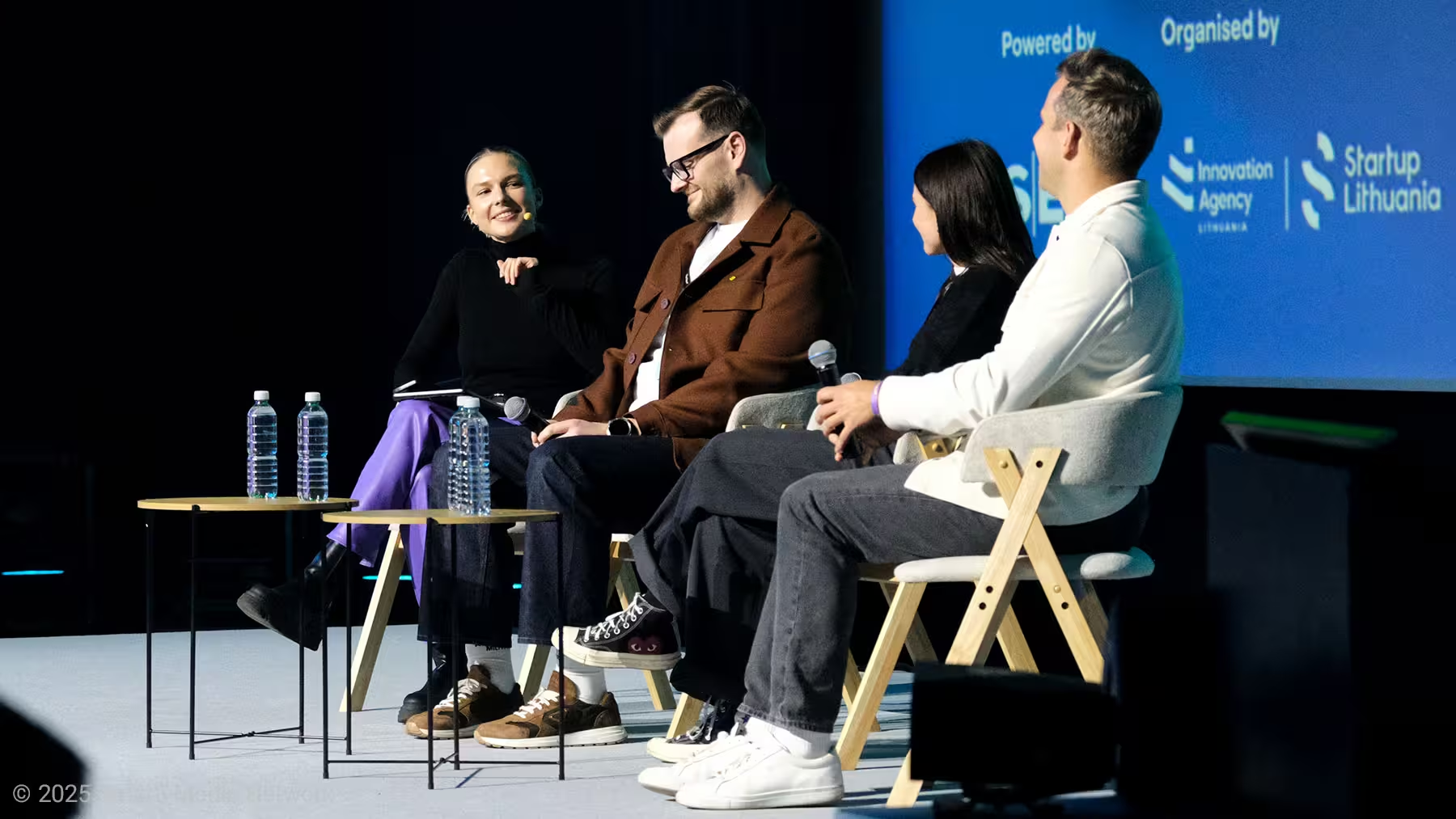
How they will measure success five years from now
Tesonet looks for both outcomes and the thank you note. A good exit is the obvious signal. Equally gratifying is a founder who says Tesonet was their best investor because the know-how changed the company’s course.
Vinted Ventures will judge itself by classic venture returns. Recommerce is a long game. Vinted is seventeen years old, and its own inflection point came roughly ten years in. The fund expects patience to be part of the discipline.
Kilo Health keeps a simple KPI. How many of today’s investments become fully fledged companies inside the Kilo ecosystem, contributing new brands and growth.
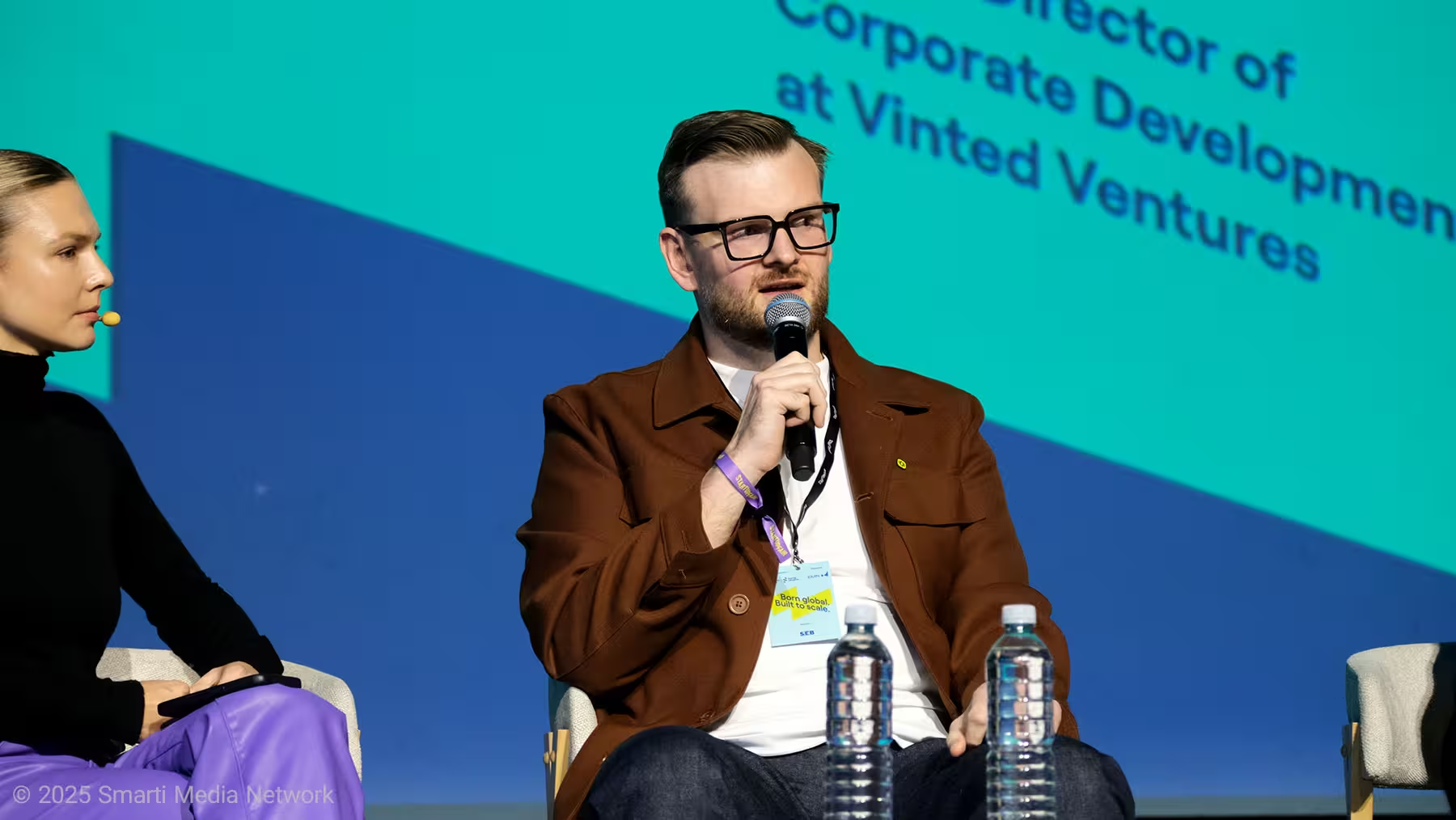
Closing reflections
The panel never tried to crown the “right” model. Instead, it made one theme unmistakable. When operators step into investing, they do not stop being operators. Their checks come with muscle memory, pattern recognition and genuine appetite to build. Founders who want that kind of partner can get more than capital, provided they stay on the wheel, ask clearly for help, and match the intensity of the people sitting across the table.
In a region where successful tech companies are still young enough to remember the zero-to-one fight, that blend of capital and craft may be the fastest way to create the next generation.
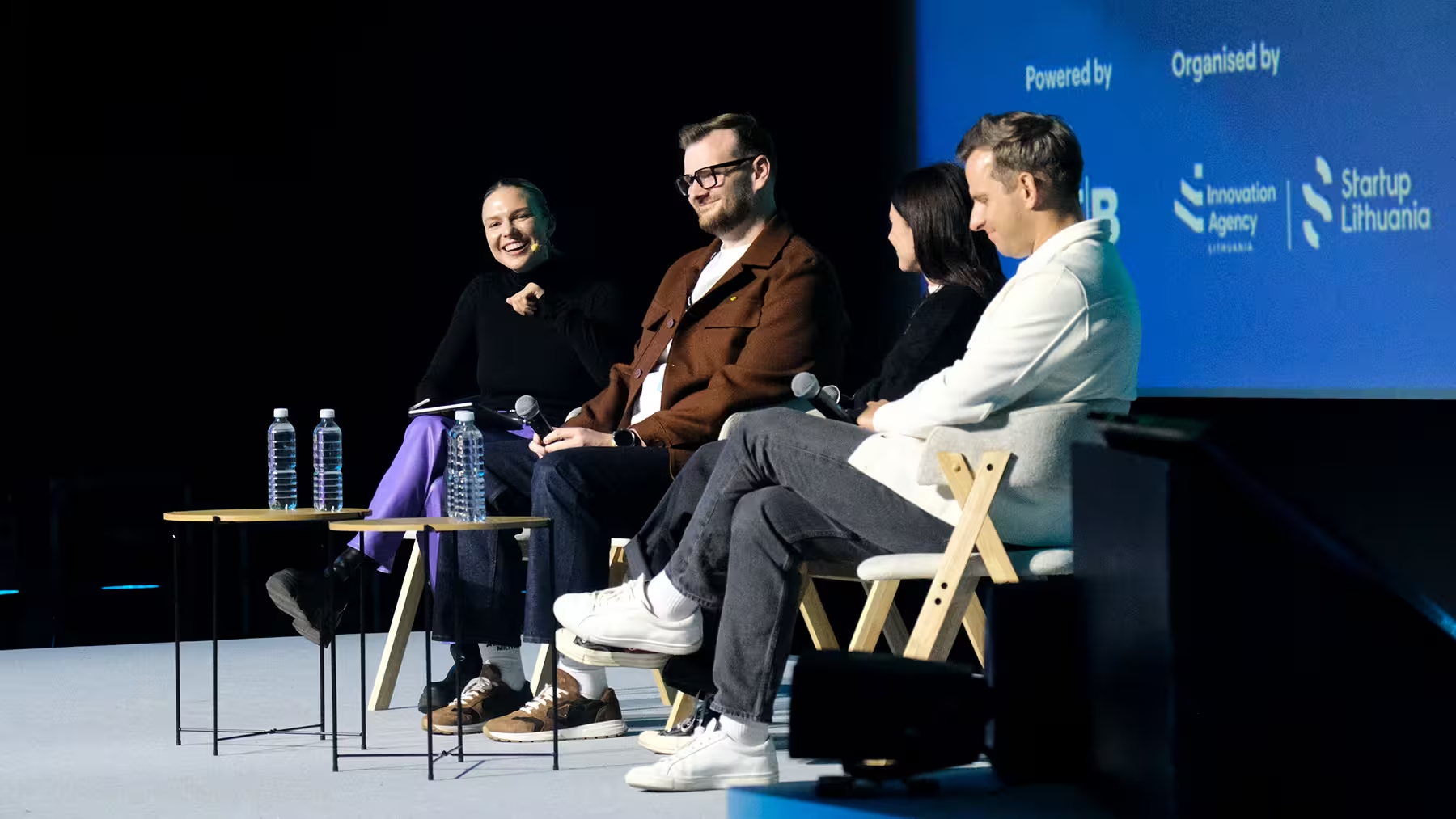 | 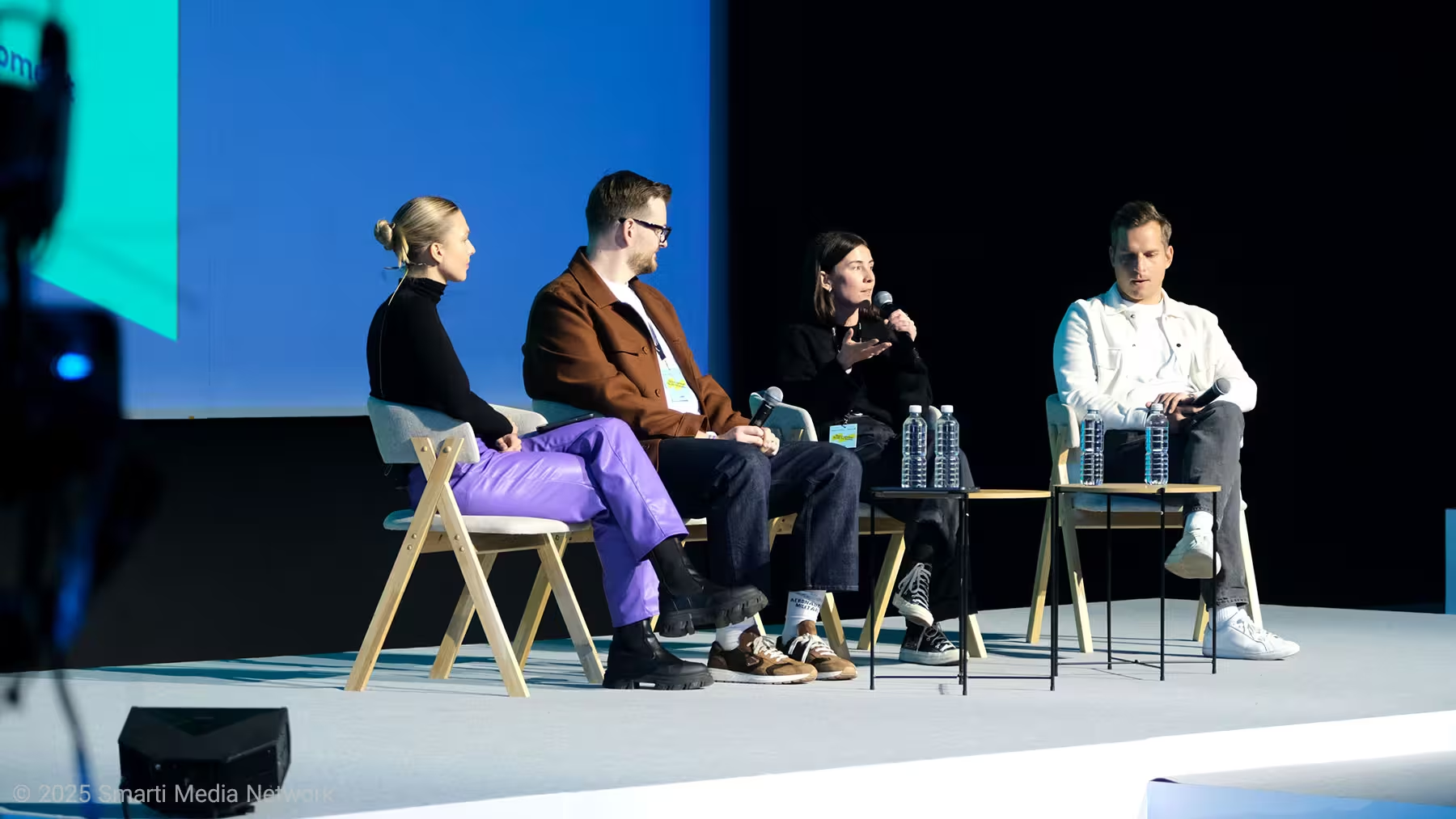 | 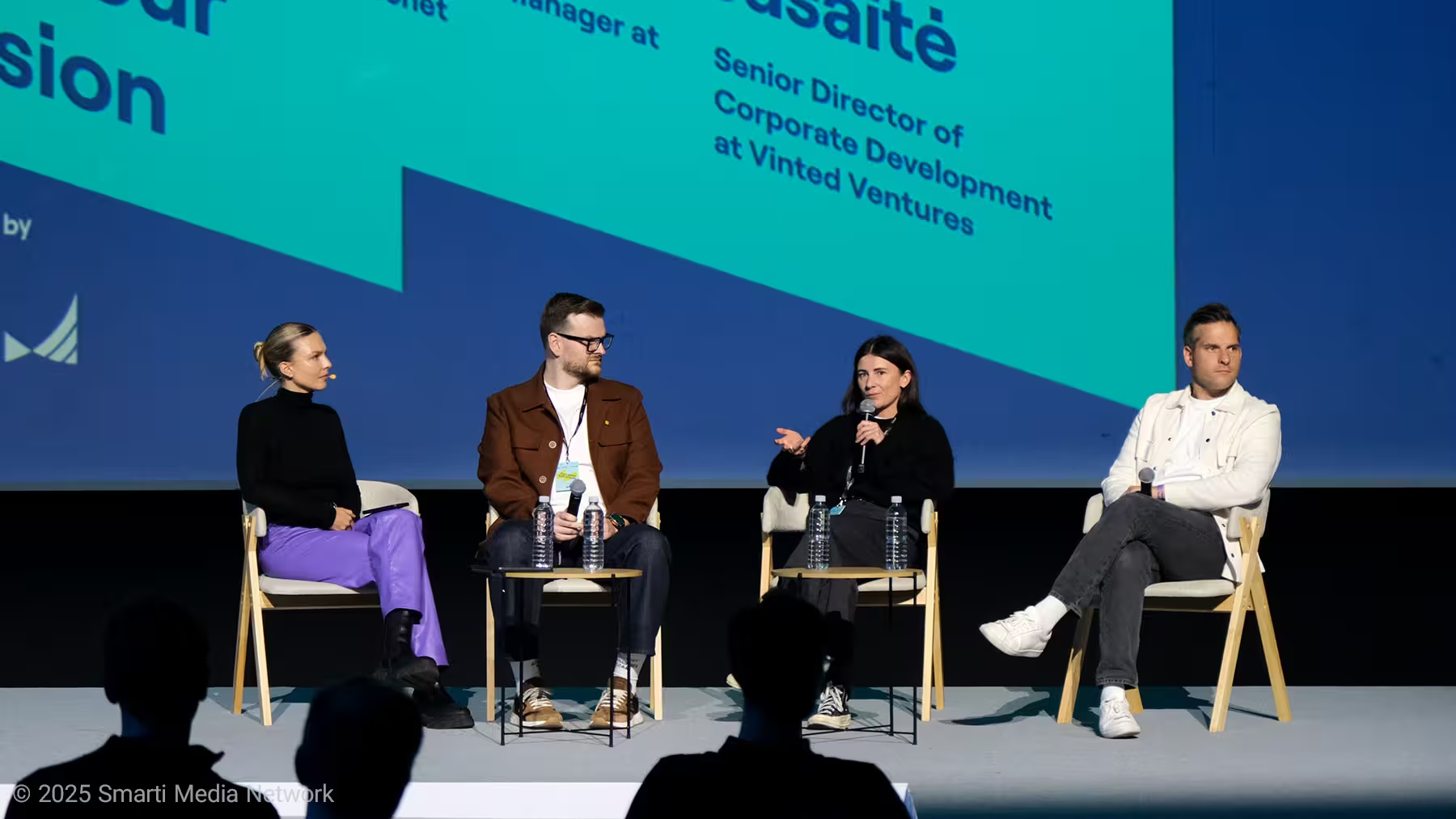 |
Comments
Marius
Seen this in my startup, operator money can be gold or a leash. If founders keep control and hustle, it works. But gotta name conflicts early, saves so much time
datapulse
Is that operator-investor combo really scalable? Sounds messy, conflicts waiting.. curious how they handle messy org politics, not convinced yet

.webp)
Leave a Comment